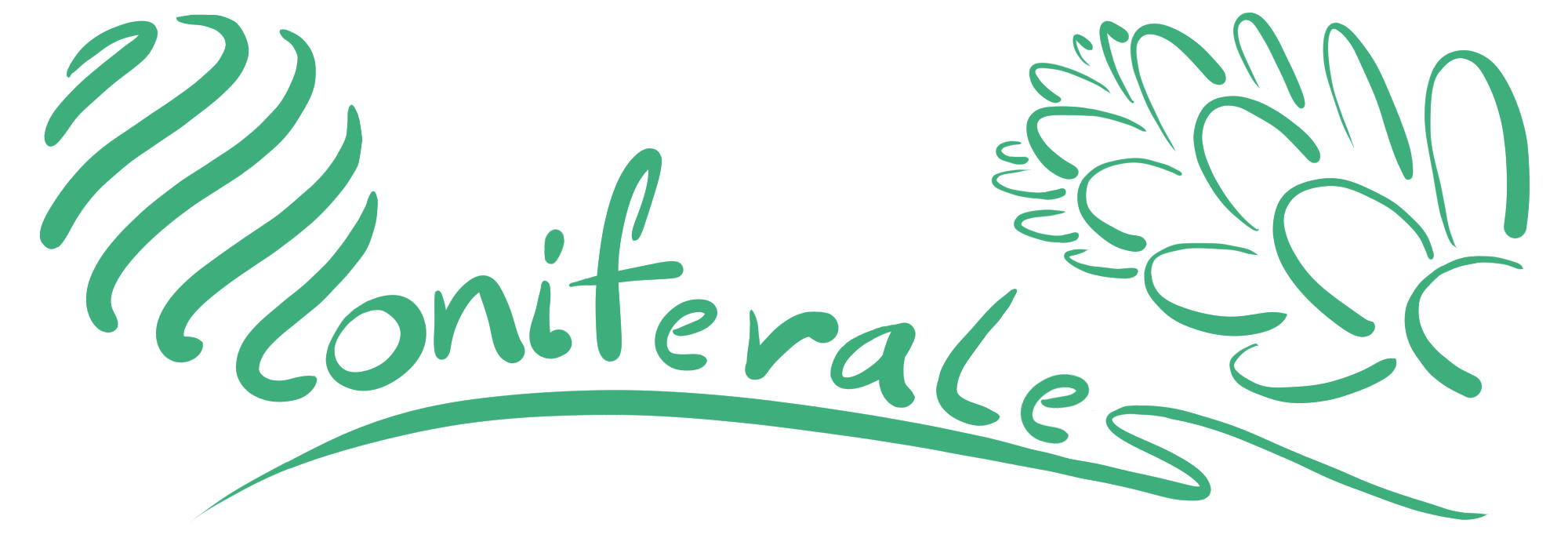Pinaceae Tsuga diversifolia (Maxim.) Mast.
Etymology
Tsuga refers to the Japanese name for this tree.
diversifolia refers to ‘diverse leaves’; indicating its needle lengths can differ quite a lot.
Colloquial Name
Northern Japanese hemlock
Distribution
This map shows botanical records (points) for this taxon. By opening the map’s sidebar (collapsed by default) you can toggle visibility or change the basemap. By clicking on records, you reveal more information.
TDWG Codes
3, 38, JAP, JAP-HN, JAP-KY, JAP-SH
Habitat
The natural habitats for Tsuga diversifolia are temperate forests. It is naturally found at an elevation of at least 700 up to 2000 metres. There are no conifers associated with Tsuga diversifolia that are known of.
USDA Hardiness zone – 5
Tsuga diversifolia is hardy to USDA Zone 5 (Bannister & Neuner, 2001), meaning its frost tolerance lies somewhere in the range of -28.9C (-20F) to -23.3C (-10F).
Species Continuity
The population trend for Tsuga diversifolia is stable. There are no known threats for Tsuga diversifolia.
IUCN Category – LC
According to the IUCN Red List, Tsuga diversifolia has been assigned the status of LC(Least Concern). This means that according to the Red List criteria, this species is not qualified as threatened.
Superordinate Taxa
The nearest superordinate taxon for Tsuga diversifolia is Tsuga. The coordinate taxa for Tsuga diversifolia are therefore:
- Tsuga canadensis
- Tsuga caroliniana
- Tsuga chinensis
- Tsuga dumosa
- Tsuga forrestii
- Tsuga heterophylla
- Tsuga mertensiana
- Tsuga sieboldii
Tsuga diversifolia is further placed under Abietoideae. Tsuga diversifolia is also placed under Pinaceae.
This map shows botanical records (points) for this taxon. By opening the map’s sidebar (collapsed by default) you can toggle visibility or change the basemap. By clicking on records, you reveal more information.
Cultivars
‘Dwarf Gold’, ‘Gotelli’, ‘Gracilis’, ‘Greenball’, ‘Hedergott’, ‘Kohouts Nana Seedling’, ‘Loowit’, ‘Manifold’, ‘Medford Lake’, ‘Minikin’, ‘Nana’, ‘Thompson’, ‘Witches’ Broom’



Reviews
There are no reviews yet.